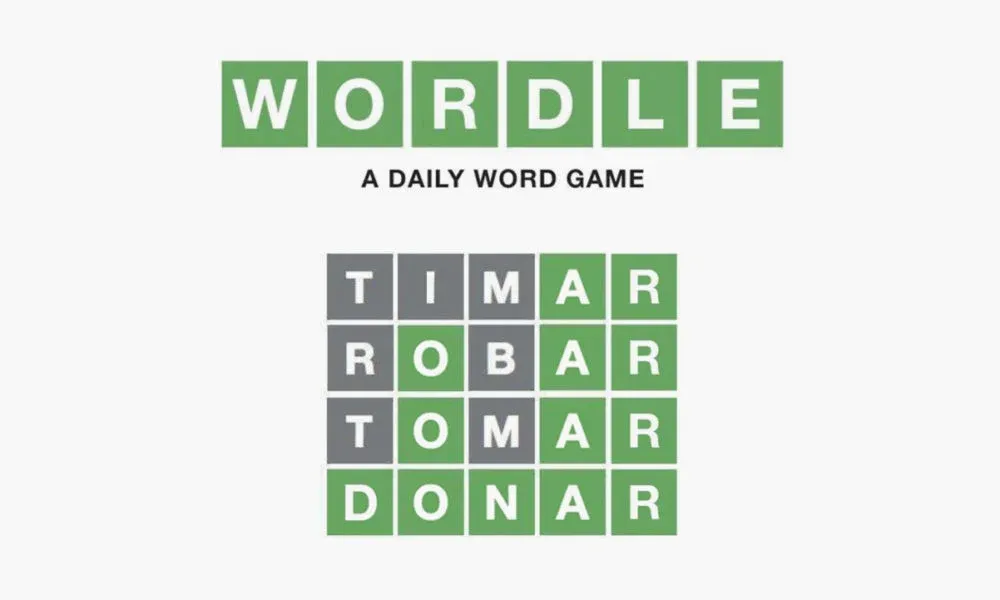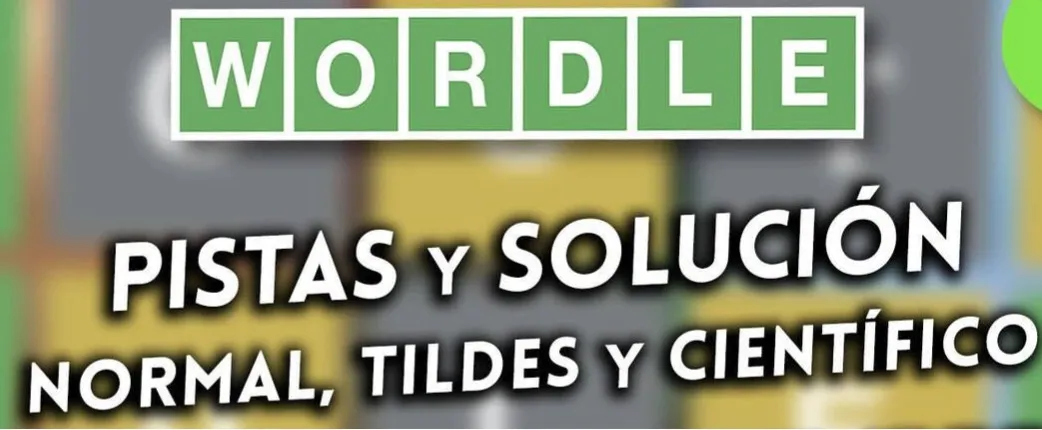Spanish Wordle Solution Today - 02 August, 2025 | Classic and Tildes

In today's article, we delve into the latest solutions for the Spanish Wordle game, specifically for August 2, 2025. We will explore both the Classic and Tildes modes, highlighting the unique challenges each presents. Readers will find a comprehensive breakdown of today's answers, tips for improving gameplay, and strategies tailored to navigate the intricacies of words with accents in the Tildes mode. Whether you're a seasoned player or a newcomer, this guide aims to enhance your Wordle experience in the Spanish language.
⚠️ Attention. Clicking the buttons below will reveal today's solutions for both Spanish Wordle modes. Get ready to see the answers!
🔍 View today's solutions for Classic and Tildes modes

🟢 Today's Classic Wordle Word is:

⚡ Today's Tildes Wordle Word is:
Meaning of the Classic mode word
The word GARRA translates to "claw" in English. In Spanish, it refers to the sharp, curved nail on the foot of an animal, typically used for grasping or holding onto prey. This term is often associated with fierce animals such as birds of prey or big cats, where their claws are a critical part of their hunting tools.
In a cultural context, garra can symbolize strength and power. For instance, a person may be described as having a "garra" when they demonstrate tenacity or determination in challenging situations.
Examples of usage in sentences include:
- "El águila atrapó a su presa con su garra." (The eagle caught its prey with its claw.)
- "Ella tiene la garra de una líder." (She has the grip of a leader.)
Interestingly, the term is also used in various idioms in Spanish, such as "tener garra" which means to be tenacious or to have a strong character.
Meaning of the Tildes mode word
The word HASTÍO translates to "annoyance" or "boredom" in English. This word is derived from the verb "hastiar," which means to annoy or to bore someone. In everyday conversation, it often conveys a sense of being fed up with something or someone, reflecting feelings of frustration or impatience.
Culturally, hastío can signify the emotional state of being overwhelmed or tired, especially when one is subjected to repetitive or monotonous experiences. It often appears in discussions about work or relationships where someone feels drained.
Examples of usage in sentences include:
- "Siento un hastío profundo con esta rutina diaria." (I feel a deep annoyance with this daily routine.)
- "El hastío en la sala era palpable durante la larga reunión." (The boredom in the room was palpable during the long meeting.)
An interesting fact about hastío is that it is commonly used in literature and poetry to express deeper existential themes, reflecting on the human condition in the face of monotony or dissatisfaction.
Discover the Fun of Spanish Wordle: Classic & Tildes Modes!
Join us in exploring the exciting world of Spanish Wordle with both Classic and Tildes modes! Whether you're a seasoned player or just starting out, there's something for everyone. We'd love to hear your thoughts on today's Spanish Wordle Solution for August 2, 2025! Share your experiences and strategies in the comments below!

Leave a Reply